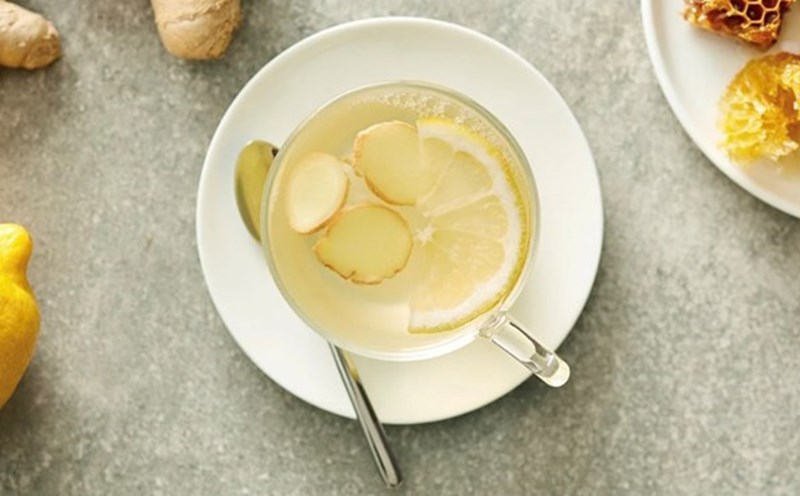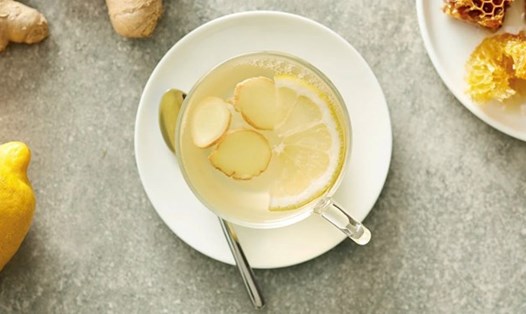Fatty fish
Salmon, mackerel, sardines and herring are fatty fish with high content of omega-3 fatty acids, helping to reduce inflammation and protect the heart.
According to research from the Joslin Nutrition and Diabetes Research Center (USA), Omega-3 can reduce the level of reaction protein C (CRP), an important sign of chronic inflammation.
Omega-3 helps improve insulin sensitivity and control blood sugar more effectively.
Eat fish 2-3 times per week by grilling, steaming or sauteing with olive oil to keep nutrients.
Green leafy
Green vegetables like spinach, kale and lettuce contain polyphenols and flavonoids, which help prevent oxidation and reduce inflammation. A study in the Journal of American Clinical Nutrition shows that consuming green vegetables regularly helps reduce the risk of type 2 diabetes up to 14%.
In addition, the magnesium content in green vegetables also helps control blood sugar and improve insulin sensitivity.
How to use: Eat raw in salad, make smoothies or process by boiling, steaming to preserve vitamins.
Chia seeds and flax seeds
Chia seeds and flax seeds are a source of soluble fiber, which helps control blood sugar and reduce inflammation effectively. According to the Institute of Nutrition and International Metabolism, the fiber in these two nuts can reduce blood sugar levels after eating and improve metabolic function.
Omega-3 Plant (ALA) in chia seeds and flaxseeds reduces the risk of cardiovascular disease in diabetics.
Should sprinkle on yogurt, smoothie or soak with water to make pudding to enhance health benefits.
Turmeric
Turmeric contains curcumin, a compound with strong anti -inflammatory properties, helps protect the pancreas and improves insulin sensitivity.
According to research from California University of Medicine and Pharmacy (USA), Curcumin can reduce IL-6 and TNF-α, two factors that cause inflammation related to Type 2 diabetes. Helps prevent fatty liver - a common condition in diabetics.
How to use: Combine into dishes or turmeric tea with black pepper to enhance the ability to absorb curcumin.
Berries
Blueberries, strawberries, raspberries and mulberries contain a lot of anthocyanin, a compound that helps reduce inflammation and protect blood vessels. A study in international diabetes magazine shows that anthocyanin may reduce insulin resistance and improve insulin sensitivity in people with type 2 diabetes.
The high fiber content in berries also helps to control blood sugar and prevent sudden hyperglycemia.
Can be eaten directly, making unsweetened smoothies or combined with Greek yogurt.











